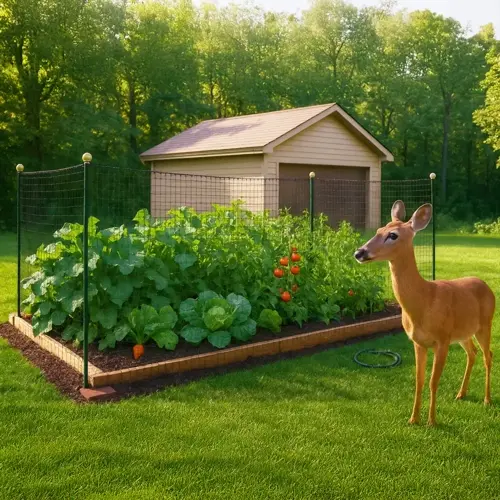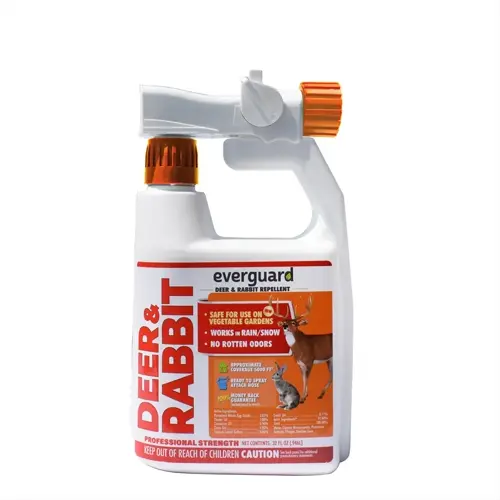How do I prevent weeds from returning?

Written by
Benjamin Miller
Reviewed by
Prof. Charles Hartman, Ph.D.To hinder the return of weeds requires proactive tactics that prevent the recurrence of weed growth, focused on healthy soil and blocking out sunlight to inhibit germination. I have had weed-free gardens for years using these methods without the use of chemicals. Routine care will help prevent small issues from becoming overwhelming.
Mulching Techniques
- Apply 3-4 inch layer of organic mulch annually
- Use materials like wood chips or straw that decompose slowly
- Replenish as needed to maintain light-blocking thickness
- Avoid piling against plant stems to prevent rot
Soil Health Management
- Test soil pH annually and adjust as needed
- Incorporate compost to improve structure and fertility
- Avoid compaction by using garden paths consistently
- Encourage beneficial microbes with organic amendments
Seed Prevention
- Remove weeds before flowers form seeds
- Dispose of weeds away from garden areas
- Use flame weeder on seed heads if necessary
- Apply corn gluten meal in early spring
Barrier Systems
- Install landscape fabric under mulch in problem areas
- Use cardboard layers for temporary weed suppression
- Edge beds with metal or plastic borders
- Repair barrier damage immediately
Monitoring Routine
- Walk garden weekly to spot new weeds early
- Keep tools handy for immediate removal
- Record problem areas for targeted prevention
- Adjust strategies seasonally as weed pressures change
Maintaining thick layers of mulch remains your best preventive approach. I apply new wood chips every spring, creating a solid barrier to weed seeds. This layer favors soil structure while blocking sunlight, and as it decomposes. Throughout the summer, check the thickness and add as needed, particularly after significant rainfall.
Once a week, garden inspections catch weeds when they're seedlings and are easiest to remove. My routine is to spend ten minutes on Saturday mornings inspecting my beds with a hoe. Trust me, this little maintenance effort prevents weeds from establishing deep roots and/or having time to produce seeds. Also, keep track of these areas that are sending out weed signals. This helps you plan your extra preventive measures for the next gardening season!
Healthy soil produces healthy plants so that healthy plants will outcompete weeds naturally. You can improve your soil over time by using compost and maintaining a proper balance of nutrients and pH. In the fall, I test my garden soil, and I make adjustments before spring. You have to replenish nutrients when growing healthy vegetables and flowers, which takes up up space. Hence, you have the weeds left out and competing with each other. This means that over time, you create your own sustainable system designed by you.
Read the full article: 10 Natural Weed Control Methods That Work

